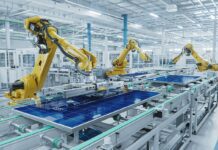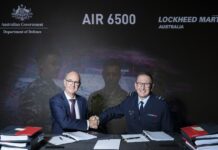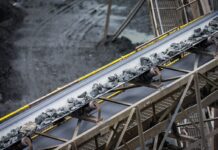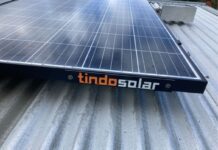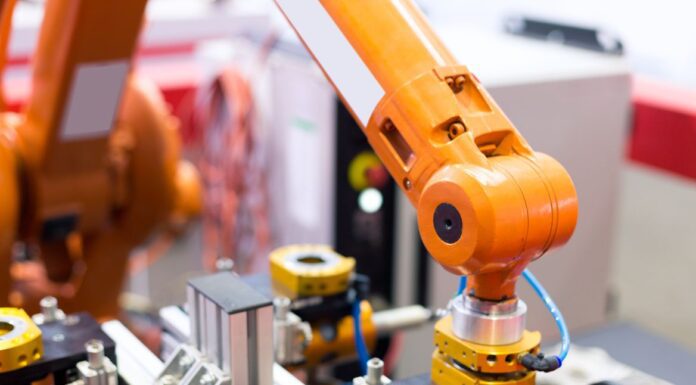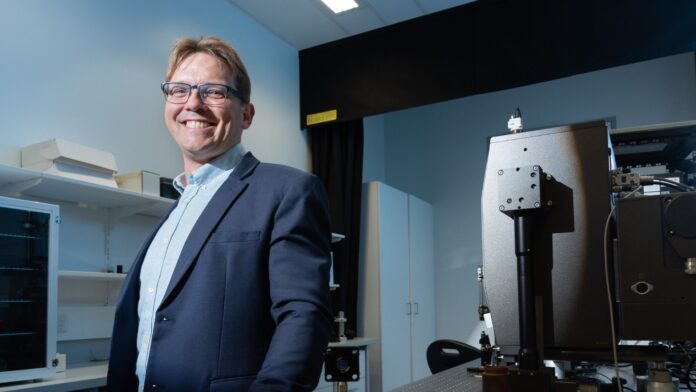
Deakin University has granted HB11 Energy a $20 million project as part of its plans to develop “Australia’s largest recycling and clean energy advanced manufacturing ecosystem in Australia”.
In a statement, HB11 Energy said the $20 million initiative is made up of a grant of $6 million from the $50 million given to Deakin University through the Federal Government’s Trailblazer Universities Program, as well as $14 million in contributions from partners.
HB11 Energy will collaborate with Deakin’s Recycling and Renewable Energy Commercialisation Hub (REACH) to develop hydrogen-boron fusion fuels.
According to HB11 Energy, hydrogen-boron processes, which utilise fuels comparable to those used for hydrogen storage, could supply large-scale power for base-load grid energy or hydrogen generation. They are entirely safe and abundant in comparison to other fusion fuels.
Because neutrons are not produced in the initial reaction, this fusion strategy produces very small amounts of short-lived waste.
Professor Ian Chen’s team at Deakin University has had success using novel materials resembling graphene to store hydrogen for combustion engines. Its hydrogen storage technology is the only substance that can now hold the ideal ratio of hydrogen and boron for fusion energy production.
“The joint project aims to support the scaled manufacture of this hydrogen-containing graphene-like material. It will also develop the manufacturing of a recently discovered two-dimensional material called Borophene, which is anticipated to be the ideal hydrogen-boron fusion fuel as it only contains hydrogen and boron,” Professor Chen said.
The project’s commercialisation will initially assist a fast-expanding market among an international scientific community exploring hydrogen-boron fusion using lasers.
Professor Heinrich Hora, the co-founder of HB11 Energy and its scientific director, is credited with developing this strategy.
HB11 Energy Founder and MD Dr Warren McKenzie said HB11 is delighted to be a part of another Trailblazerz grant, and they look forward to working with Deakin University on the project.
“Deakin is a leader in materials science and research commercialisation, with a strong intellectual property pipeline and a track record of fostering productive industry collaboration and engagement. The team has shown an impressive ability to develop processes for scaled manufacture of micro-and nanostructures with their in-house materials processing and the greater capabilities in the Australian National Fabrication Facility,” Dr McKenzie stated.
According to Dr McKenzie, the project is an essential step in establishing Australia’s capability in manufacturing fusion fuels, which will be used to implement the only energy source that is truly safe, scalable, and incredibly affordable in the future.
“Recycling and renewable energy are key to reducing landfills, reliance on fossil fuels, and the devastating costs of global warming. REACH will help build Australia’s sovereign capability in key manufacturing priorities, driving the country’s single largest recycling and clean energy advanced manufacturing ecosystem,” Deakin University Deputy Vice-Chancellor Research Alfred Deakin Professor Julie Owens said.
The project supports a crucial component of HB11 Energy’s technology roadmap for producing clean, safe, and dependable energy at lower costs and in higher quantities than all currently available renewable energy sources put together.
It expands upon the $2 million project and ARC linkage grant awarded to the team at Deakin University and HB11 Energy in 2021; during that project, fusion was successfully demonstrated utilising materials from Deakin University.
H2 storage for combustion, which will be commercialised as a result of the project, will also complement the project. HB11 Energy said it might position Australia as a global leader in producing these minerals.


